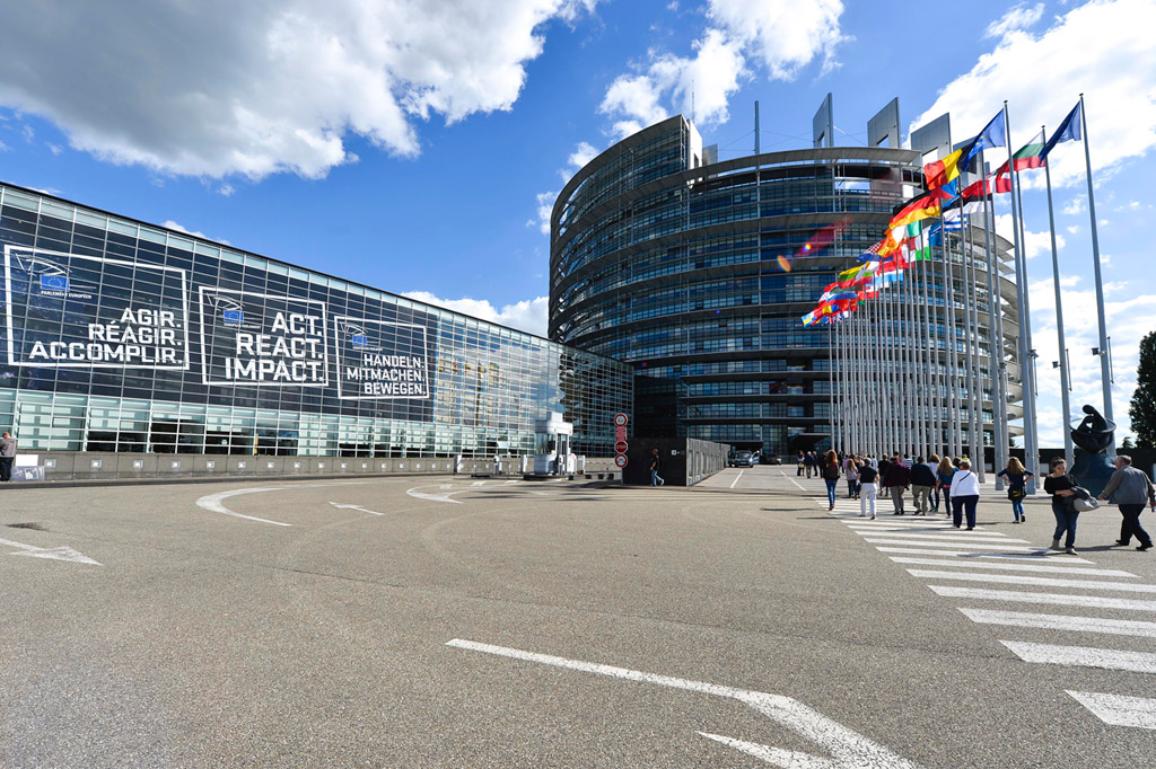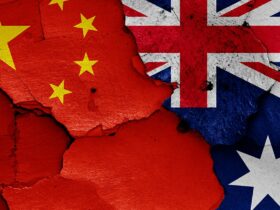Europeans looking for an alternative
What impact did the economic situation have on the election results?
The economic situation has had a significant impact on the results of the European elections. Economic hardships, such as the rising cost of living, rising energy prices and financial pressure on sectors such as agriculture, have influenced voter behavior. Many citizens, feeling the weight of these economic challenges, have turned to political parties and candidates who promise economic relief and reforms. This shift is evident in the support for so-called populist and anti-establishment formations. Europeans are looking for an alternative to the nefarious neoliberalism.
Green transformation policies
Considering the green transformation policies and the Ukraine policy together, can we say that working people, especially farmers, are uncomfortable with the economic policy pursued by the EU government?
Yes, workers, especially farmers, are uncomfortable with the EU’s economic policies. Unrealistic green transformation policies increase costs and reduce yields for farmers through stringent regulations and the imposition of supposedly sustainable practices. Furthermore, the conflict in Ukraine and sanctions on Russia, which mostly hurt those who imposed them, have disrupted supply chains, causing higher prices for fertilizer and fuel. These factors collectively lead to financial strain for farmers and higher food prices for consumers, impacting the broader working population.
What was the impact of the relation between Brussels and Washington?
Brussels’ close ties with Washington had a largely negative impact on the polls, as Brussels’ clear submission to Washington’s interests became evident. Alignment with US policies prioritizes US strategic and economic objectives over the needs and interests of European citizens. This policy was covered by strong pro-Atlantic propaganda and the suppression of dissenting opinions, which stifled public debate and increased voter frustration.
Growing dissatisfaction of the Europeans
What do you think is the most important message we should take away from these elections?
The most important message we should take from these elections is that there is growing dissatisfaction among European citizens with the current political, economic and warmongering direction of the EU. Voters are increasingly frustrated by policies dictated by subservience to US and global interests over domestic economic stability and their own well-being. The election results signal a call for greater attention to addressing the immediate needs and concerns of European citizens, particularly in areas such as economic policy, energy prices and agricultural support. The elections highlight a clear call for the EU leadership to reconsider its approach and prioritize the interests of its people more effectively, and not to plunge the entire continent into a foolish war with Russia.
No genuine alternative in Italy
What would you say about Italy specifically?
The Italian political landscape is bleak. The political framework is rigidly locked into neoliberals and Atlanticists. It’s a form of alternation without a real alternative. The most striking example of this is Fratelli d’Italia, the party of Giorgia Meloni. When they were in opposition, Giorgia Meloni and her party loudly opposed the sanctions on Russia and the early winds of war blowing through Europe.
But once in power, they have conformed to the war dictates of the US and NATO, and they are governing in perfect continuity with the previous government of Mario Draghi, with some unessential differences not essential. In fact, the Meloni government seems like the political version of the technical government of the former head of the European Central Bank. This situation of alternation without a genuine alternative has created a climate of disaffection and disappointment towards politics, as evidenced by the European elections, where the abstention rate exceeded 50%.

















Leave a Reply